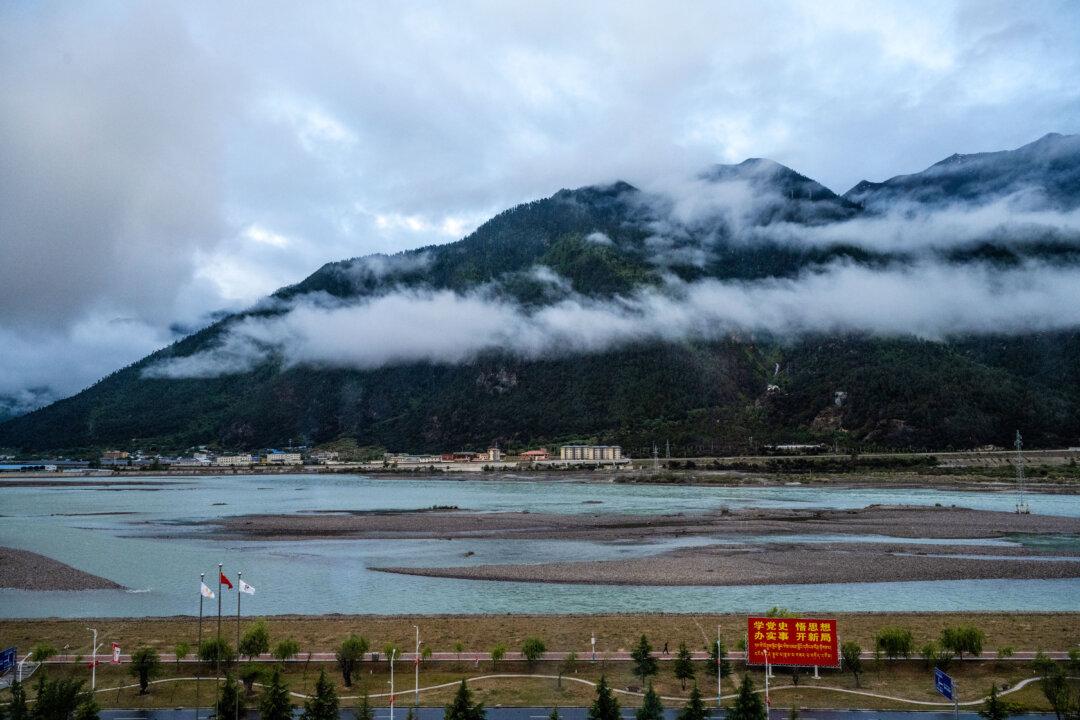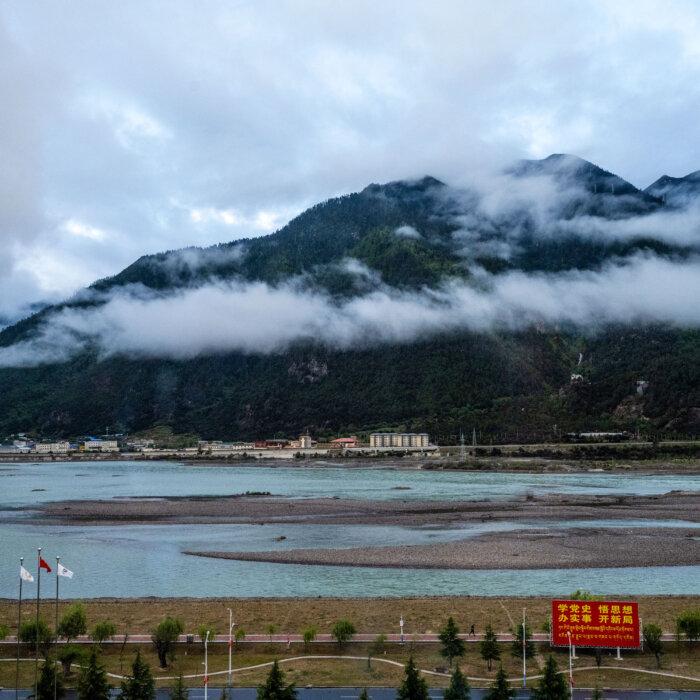The Chinese regime announced a new round of visa restrictions on U.S. officials on April 14, in retaliation for the U.S. State Department’s efforts to address challenges faced by American diplomats in accessing Tibetan areas in China.
“For far too long, the Chinese Communist Party (CCP) has refused to afford U.S. diplomats, journalists, and other international observers access to the Tibet Autonomous Region (TAR) and other Tibetan areas of China, while China’s diplomats and journalists enjoy broad access in the United States,” he said in a statement at the time.
U.S. diplomats cannot provide services to U.S. citizens traveling in Tibet, Rubio pointed out.
“This lack of reciprocity is unacceptable and will not be tolerated,” he said. “I urge the CCP to immediately address the lack of reciprocity and allow diplomats, among others, unrestricted access to the TAR and other Tibetan areas of China.”
On April 14, Chinese Foreign Ministry spokesperson Lin Jian accused Washington of interfering in China’s internal affairs concerning Tibet and announced that Beijing would impose “reciprocal visa restrictions” against U.S. personnel who “behave egregiously” on Tibet-related issues.
London-based group Free Tibet took to the social media platform X on the same day to criticize Beijing’s threats of visa restrictions, saying that those calling out the Chinese regime’s brutal occupation of Tibet are not “egregious” but “essential.”
Washington-based rights group International Campaign for Tibet (ICT) has welcomed Rubio’s announcement.
“This law [Reciprocal Access to Tibet Act] was designed to challenge China’s restrictions on access to Tibet, and we hope that the United States will continue to make effective use of it until China stops trying to isolate the Land of Snows.”
In the years before 2023, U.S. diplomats visited Tibetan areas in the Chinese provinces of Sichuan, Gansu, Qinghai, and Yunnan, according to the report. However, Chinese officials prevented them from entering certain monasteries, blocked off specific roads, and monitored their conversations.
On April 14, Sen. Todd Young (R-Ind.), a member of the Senate Intelligence Committee, took to X to applaud Rubio’s decision.
“My bill, the Promoting a Resolution to the Tibet–China Dispute Act, was signed into law and rejected those inaccurate claims and affirmed the State Department’s responsibility to work with allies and partners to negotiate a just resolution on Tibet.”
The Chinese regime has also intimidated Tibetan diaspora communities through surveillance, coercion, and threats against their families in China to silence them, according to the report.







